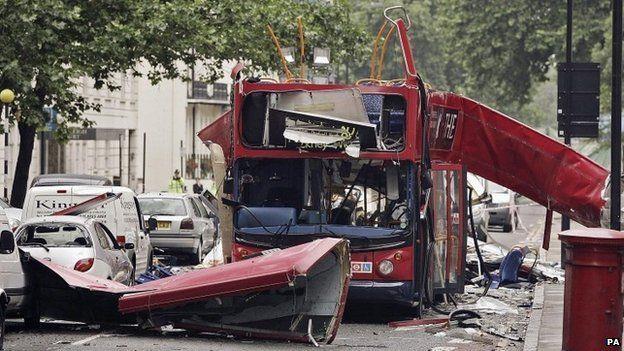Understanding the Significance of the London Bombings

Introduction
The London bombings, particularly those that occurred on July 7, 2005, marked a profound turning point in the history of the United Kingdom. This tragic event not only claimed 52 innocent lives but also instigated a broader discussion on terrorism, counter-terrorism measures, and communal relations in one of the world’s most diverse cities. Understanding the implications of these bombings remains essential as the city and its people navigate the complexities of security and civil liberties in today’s turbulent global environment.
The Events of July 7, 2005
On the morning of July 7, 2005, London was rocked by a series of coordinated suicide bombings targeting its public transport system. Three bombs exploded on underground trains during the rush hour, followed by a fourth bomb detonating on a double-decker bus in Tavistock Square. The attacks injured over 700 people and marked one of the deadliest days in the capital since World War II. The bombings were claimed by the radical Islamist group Al-Qaeda, highlighting the potential for home-grown extremism and the challenges posed by international terrorism.
Reactions and Consequences
In the immediate aftermath, there was a surge of solidarity among Londoners and across the UK. Vigils and memorials were held in memory of the victims, while the hashtag #LondonResilience trended as a symbol of unity and defiance. However, the bombings led to increased security measures, including the expansion of CCTV monitoring and the implementation of the UK’s counter-terrorism strategy, known as CONTEST. Critics, however, raised concerns about civil liberties and the potential for racial profiling, particularly against Muslim communities.
Long-term Implications
The London bombings catalysed a broader conversation about national security, terrorism, and community cohesion. Over the years, various assessments have been conducted, including reports by the 7/7 Inquiry, which examined the response of emergency services and the intelligence community. In recent years, the UK has faced additional threats and attacks, prompting ongoing discussions about balancing safety and freedom.
Conclusion
As London continues to recover and grow, the legacy of the bombings serves as a poignant reminder of the challenges posed by terrorism. Ongoing vigilance and community engagement remain crucial in preventing such tragedies. The collective memory of those affected fuels a commitment not only to remember the victims but also to foster a society that champions resilience and inclusivity in the face of adversity. The London bombings, while a dark chapter, have spurred essential dialogue, enabling the city to adapt and strengthen its resolve in the pursuit of peace and security.









